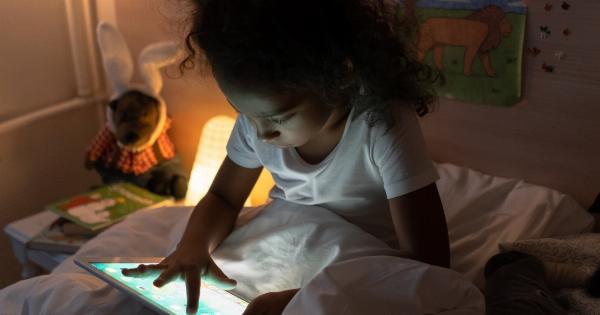Male libido is the desire to engage in sexual activity, and it is affected by a variety of factors. As men age, their libido naturally decreases. This decrease can be caused by various health conditions, emotional issues, or lifestyle factors.
Understanding the causes of low libido is the first step in finding a solution to this common problem. Here we are going to discuss the most common factors that may contribute to decreasing male libido.
Low Testosterone Levels
Testosterone is the hormone that is responsible for male sexual function. As men age, the production of testosterone decreases.
Low testosterone levels can lead to a decreased sex drive, as well as other physical changes such as reduced muscle mass and a decrease in bone density. Low testosterone levels may be caused by a variety of factors such as hormonal imbalances, chemotherapy, or certain medications. Treatment for low testosterone levels may involve hormone replacement therapy or other medications.
Anxiety and Depression
Anxiety and depression can be a contributing factor to decreased libido in men. These conditions can cause a lack of interest in sex and a decreased ability to become aroused.
In addition, anxiety and depression can also lead to physical symptoms such as fatigue and a lack of energy that can further decrease libido. Treatment for anxiety and depression may include therapy or medication.
Chronic Illness
Chronic illness such as heart disease, diabetes, and hypertension can also cause a decrease in libido. These conditions can cause physical changes in the body that may lead to decreased sexual desire.
In addition, medications used to treat chronic illness can also contribute to low libido. Treatment for chronic illness may involve medication, lifestyle changes, or surgery.
Poor Sleep Habits
Getting enough sleep is important for overall health, including sexual health. Poor sleep habits can lead to fatigue, a lack of energy, and low libido. In addition, sleep apnea can also contribute to low libido.
Treatment for sleep apnea may involve the use of a CPAP machine or other devices.
Poor Diet and Lack of Exercise
A poor diet and lack of exercise can also contribute to decreased libido. Eating a diet high in saturated fats and sugar can lead to weight gain and a decrease in energy.
Lack of exercise can also lead to a decrease in physical fitness and a lack of energy. Both of these factors can contribute to decreased libido. Treatment may involve dietary changes, exercise, and other lifestyle changes.
Drug and Alcohol Abuse
Drug and alcohol abuse can have a significant impact on libido. Substance abuse can lead to physical and psychological changes that can contribute to low sex drive and other sexual problems.
Treatment for drug and alcohol abuse may involve rehabilitation and therapy.
Relationship Issues
Relationship issues such as communication problems, infidelity, and other problems can have a significant impact on libido. This can lead to decreased sexual desire and other sexual problems.
Treatment may involve counseling or therapy to resolve relationship issues.
Medications
Medications such as antidepressants, blood pressure medications, and other medications can also contribute to low libido. Talk to your doctor about any medications you are taking that may be affecting your libido.
Treatment may involve switching to a different medication or adjusting the dosage.
Age
As men age, their libido naturally decreases. This is due to a decrease in testosterone production and other physical changes that occur with age.
While this is a natural part of the aging process, it can be treated with hormone replacement therapy or other treatments.
Conclusion
Male libido is a complex issue that can be caused by a variety of factors. Understanding the causes of low libido is the first step in finding a solution. Treatment may involve lifestyle changes, medication, therapy, or other treatments.
If you are experiencing a decrease in libido, talk to your doctor to determine the underlying cause and develop a treatment plan that works for you.





























